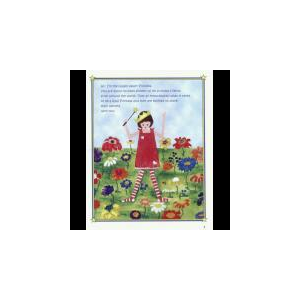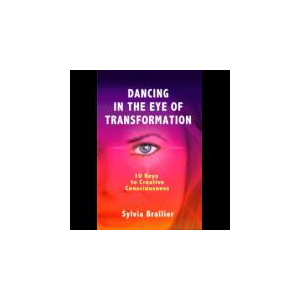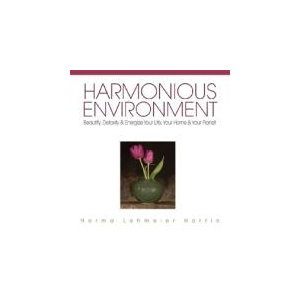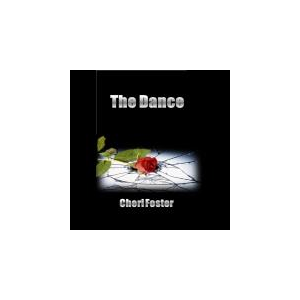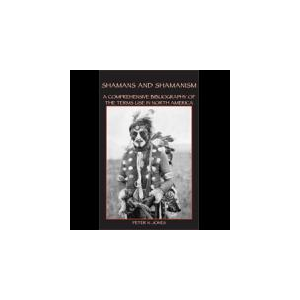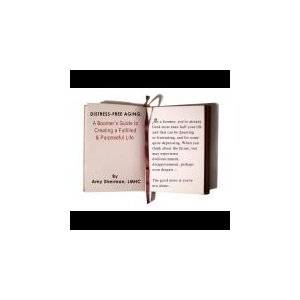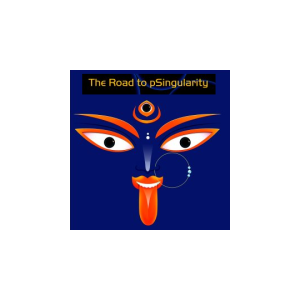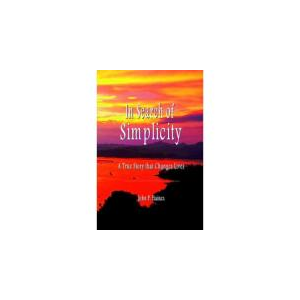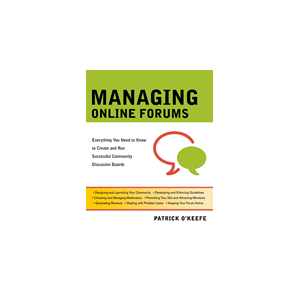“We are not human beings having a spiritual experience; we are spiritual beings having a human experience.”(Teilhard de Chardin)
Involution-An Odyssey Reconciling Science to God is as layered as a French cassoulet, as diverting, satisfying and as rich. Each reader will spoon this book differently. On the surface it seems to be a simple and light-hearted poetic journey through the history of Western thought, dominantly scientific, but enriched with painting and music. Beneath that surface is the sauce of a new evolutionary idea, involution; the informing of all matter by consciousness, encoded and communicating throughout the natural world. A book about the cathedral of consciousness could have used any language to paint it, but science is perhaps most in need of new vision, and its chronology is already familiar.
The author offers a bold alternative vision of both science and creation: she suggests that science has been incrementally the recovery of memory, the memory of evolution/involution.
“ Involution proposes that humans carry within them the history of the universe, which is (re)discovered by the individual genius when the time is ripe. All is stored within our DNA and awaits revelation. Such piecemeal revelations set our finite lives in an eternal chain of co-creation and these new leaps of discovery are compared to mystical experience” (From a reviewer)
Each unique contributor served the collective and universal return to holism and unity. Thus the geniuses of the scientific journey, like the spiritual visionaries alongside, have threaded the rosary of science with the beads of inspiration, and through them returned Man to his spiritual nature and origin.
The separation between experience and the rational intellect of science has, by modelling memory as theory, separated its understanding from the consciousness of all, and perceives mind and matter as separate, God and Man as distinct. This work is a dance towards their re-unification: Saints and scientists break the same bread.
All of time and all the disciplines of science are needed for the evidence. Through swift (and sometimes sparring) Cantos of dialogue between Reason and Soul, Philippa Rees takes the reader on a monumental journey through the history of everything – with the evolution of man as one side of the coin and involution the other. The poetic narrative is augmented by learned and extensive footnotes offering background knowledge which in themselves are fascinating. In effect there are two books, offering a right and left brain approach. The twin spirals of a DNA shaped book intertwine external and internal and find, between them, one journey, Man’s recovery of Himself., and (hopefully) the Creation’s recovery of a nobler Man.
From the same review “The reader who finishes the book will not be the same as the one who began it. New ideas will expand the mind but more profoundly, the deep, moving power of the verse will affect the heart.
(Marianne Rankin: Director of Communications, Alister Hardy Trust)
The Story Behind This Book
This is not a book I decided to write, it is the book that wrote my life, no matter how often I ran from it. A lashing devil of a book. All of the circumstances of my childhood, my country (South Africa) my family (divided on both cultural and racial lines) were relevant to perceiving its central patterns where similar things were true of the main characters, the mavericks. All of them were swimming against the tide and bridging irreconcilable seeming opposites.
To make sure it lashed me to the wheel the mystical experiences that generated it took from me everything I thought I was, my family, children, country, and the good opinion of my mother, the only relation I had! Those experiences are described at the end, in the Afterword.
But I got my own back by turning torture into poetry, and rescuing it by laughter. Life is much too important to take seriously.
Praise and Reviews
Responses to the 'Theory of Involution'
‘At long last I have read your typescript from A to Z. Needless to say I agree with much, even most of what you have to say. This implies an answer to your question whether it is right to rewrite and expand your theory. It would be definitely worth it. I feel less optimistic about the possibilities of publication.’ Arthur Koestler, 1978.( The Act of Creation, Darness at Noon, and many seminal works)
‘I thank you very much for sending me your Theory of Involution. I have just begun to read it and it interests me enormously.… I certainly do share your views … and believe, like you, that so called evolutionary progress is explicable in scientific terms. I shall write again…’
Prof Konrad Lorenz, 1970. Nobel Prize 71 (Max Planck Institute, Bavaria)
‘Thank you so much for your letter and your manuscript on the “Theory of Involution”… I have had a good look at it and it seems you have a great deal to say that is of vital importance right now.…’ Irwin Schumacher, 1974, (Author of Small is Beautiful: a study of economics as if people mattered.)
Praise for 'Involution- An Odyssey Reconciling Science to God'
‘A brilliant and profoundly erudite epic charting the evolution of Western thinking processes, probing the frontiers of rationality and naturalism and opening up a deeper understanding of the nature of reality based on the reality of mystical experience. The author’s grasp of the principal elements of Western culture is masterly and her poetic narrative woven together with extraordinary subtlety. The detailed footnotes demonstrate a rare depth of perceptive scholarship. This is nothing short of a heroic intellectual tour de force and deserves the widest readership.’ (David Lorimer, Director Scientific and Medical Network)
*
Philippa Rees wrote a book that is a rarity: it is on a controversial, actually hair- and eye-brow-raising subject, and it is totally sincere. And totally insightful. If you the reader are as brave as this author, you are in for a fantastic ride. Getting close to science as well as to God at the same time. That's no mean feat. Enjoy the ride - and the light! (Dr. Ervin Laszlo, Chancellor: Giordano Bruno University and author of 89 books- The Akashic Field, The Akashic Experience etc)
'…Your journey through poetry is more than just an alternative treatment of the material you originally theoretically described; it is the very act of genius, which is able to treat the ambiguous nature of the world differently. The poetry is an alternative for how the world makes meaning from the ambiguous. It is a completely alternative direction for an exploration of the world in itself.
The scale of the feat you have thereby achieved by writing in poetry is immense. This goes far beyond the mechanistic notions of wholeness arrived at by some modern scientific authors. Your work reintroduces the aesthetic, beautiful, meaningful process that is poetry into science. The genius of involution is not just a mechanism of science relating to the whole but a completely different realisation of the beautiful, within living process.'
(Philip Franses. Editor. The Holistic Science Journal. Lecturer Schumacher College)
*
"Involution is, at least in terms of 'subject', a daring, Dantean feat.
Rees's profound notion that the evolution of humankind is made possible by the dormant dominions of evolutionary memory in our unconscious - the eponymous 'involution' - is, I would suspect, a theory Charles Darwin would have gratefully embraced as a curative to his own bleaker 'discoveries', which he initially emotionally and religiously resisted.
That Rees has chosen to communicate her dialectic in the medium of sprung-rhymed blank verse is ingenious in itself, as well as being in the narrative spirit of the poetry of the ancients.
Whatever one's poetic, religious or scientific response to Involution may be, what will be difficult for even the most scouring of critics to deny is it's scholastic vitality, compositional discipline and macrocosmic scope. Involution is a work of indisputably tall ambition, and an accomplishment which may well prove much more than the sum of its invariably exceptional parts".(Alan Morrison. Poet. Editor: The Recusant On-Line Magazine)
"This is a marvelous, wise, unique work written with great flair and originality. Read it slowly and learn from it's truth".(Andrew Harvey. Author, Scholar, Mystic. Founder International Academy of Sacred Leadership)

